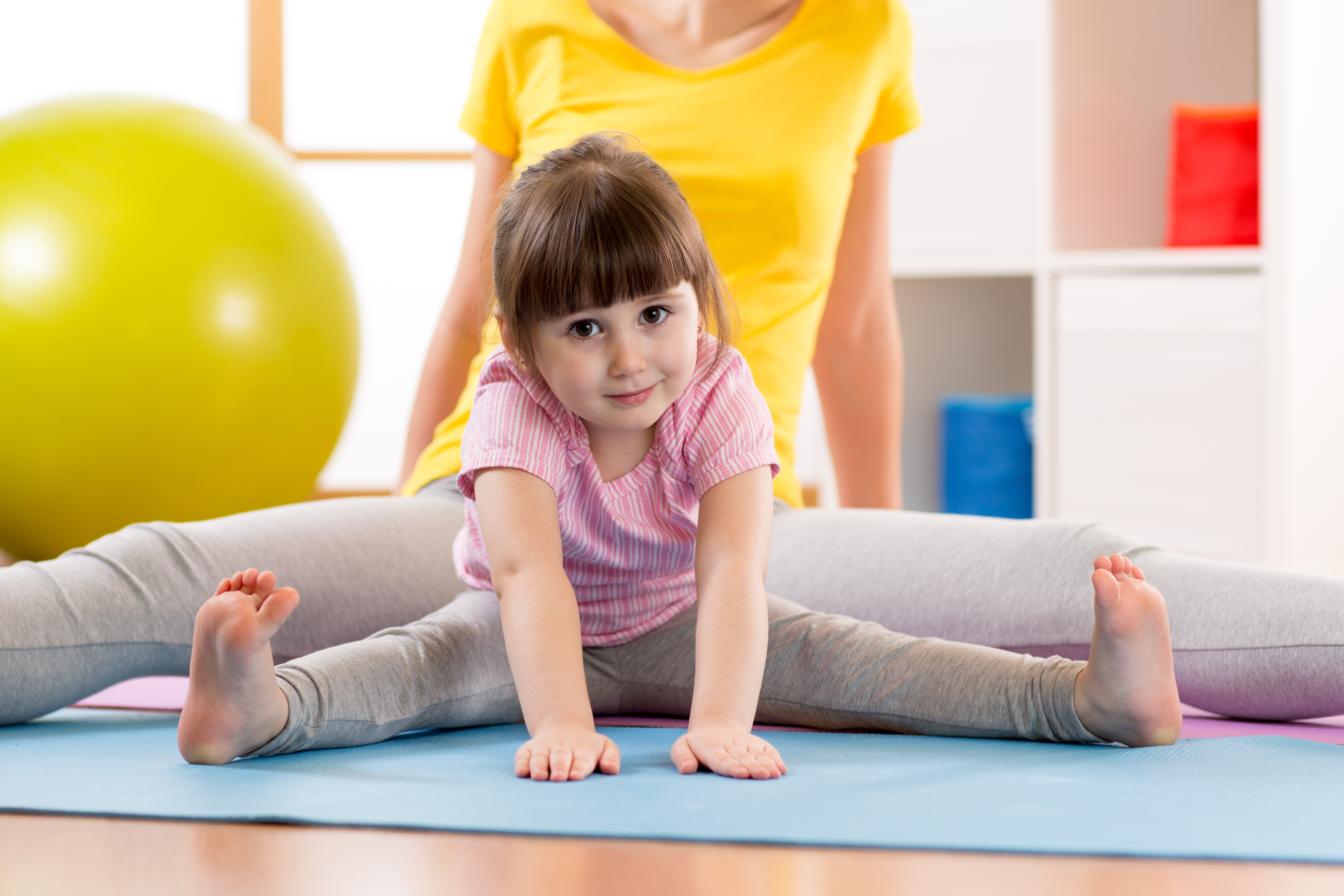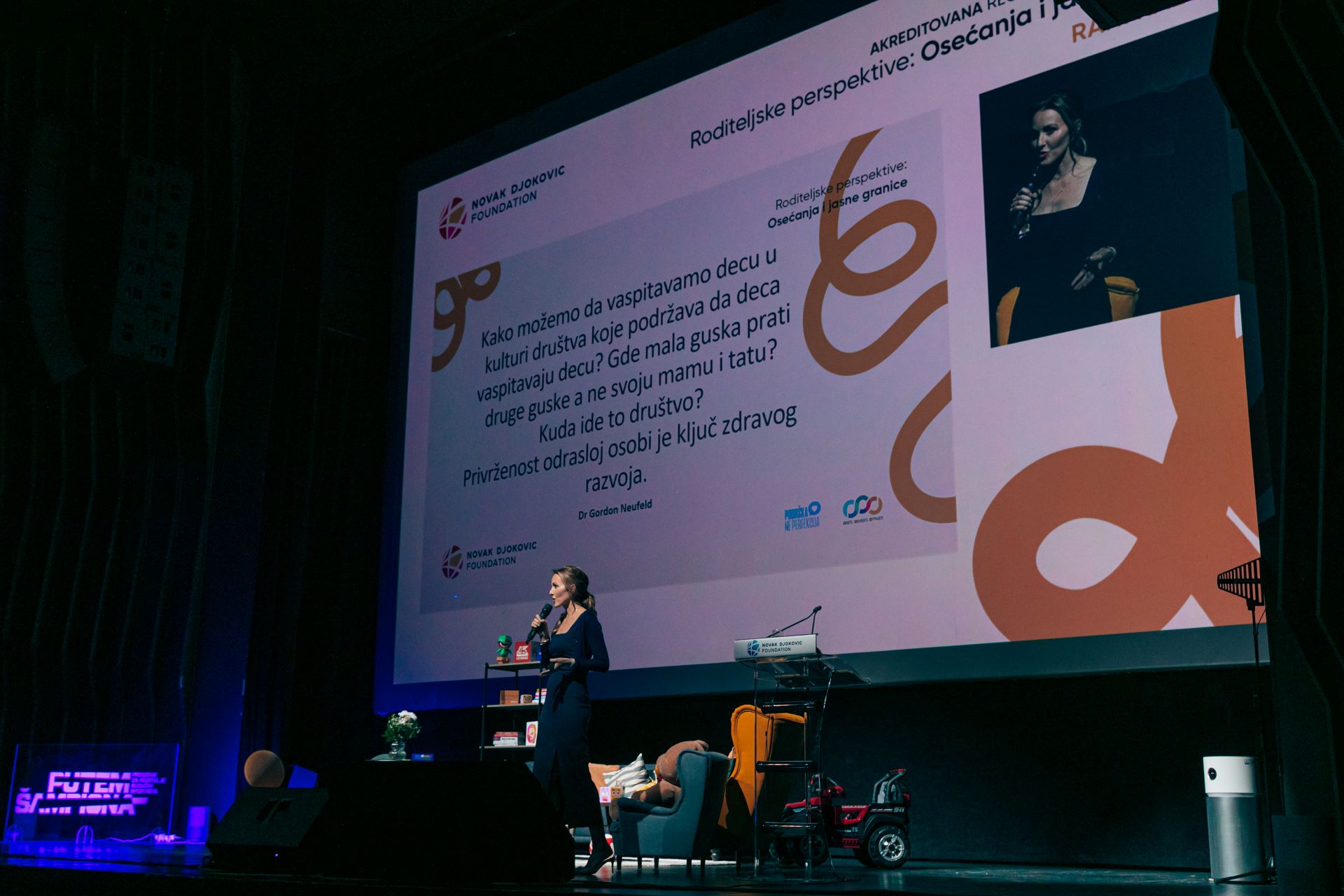Physical activities should be integrated into young children’s lives to create a foundation of movement and activity which will be carried with them throughout the rest of their lives.
Physical activities is essential for a child’s development. It helps lay the foundation for an active and healthy life.
What Does Physical Activity For Young Children Mean?
Seated activities such as watching television or playing computer games for hours and hours and restrictive movement in strollers are bad for the child’s development. These activities are not physical activities. It definitely does not include physical activities for adults such as exercising or going to the gym. For young children physical activity means the opportunity to move around and play with other children.
Children tend to be more active when they are outdoors rather than when they are indoors. While they do seem to be engage in various physical activities indoors as well, they are mostly light-intensity activities.

Why Do They Need To Be Active?
It is during early childhood that children are more willing to try new activities. Physical activities promotes healthy growth and development. It helps build a healthier body composition, stronger bones and muscles. It also improves the child’s cardiovascular fitness. Physical activities helps in the development of better motor skills and in concentration and thinking skills.
Physical activities should be integrated into young children’s lives to create a foundation of movement and activity which will be carried with them throughout the rest of their lives. Children who have higher levels of physical activity during their childhood are likely to be more active even after they mature. This is important for better health and well-being.
Physical activities from a young age have various benefits which reach far beyond only physical development. A child can physically, mentally, socially and emotionally develop by taking part in physical activities. The increasing use of technology and classrooms and daycares focusing on mental activities rather than physical activities have led to the reduction of children’s movement and physical activity.
A school or daycare which gives some time to physical activity as well would benefit the child. Increased movement and physical activity does create healthy habits and has numerous benefits for the child. It helps improve confidence, self-esteem and also in developing healthier social, cognitive, and emotional skills. It also helps in building strength, self-confidence, concentration, and coordination from an early age.

A Lack Of Physical Activity In Early Childhood
A lack of physical activity in early childhood could bring many health problems. A few of such problems could be excess body fat, weight gain, high blood pressure, bad cholesterol, cardiovascular diseases and bone health problems. The health benefits of physical activities outweigh the negatives. Children who do take part in physical activities tend to have fewer chronic health problems. They are less prone to getting sick. They have a significantly reduced risk for various diseases which also includes heart diseases, diabetes, obesity, depression and mental illness.
So if your child is not taking part in any physical activity right now then you should ensure that he/she does take part in one. This would help them lead a better life now and in the future.

















